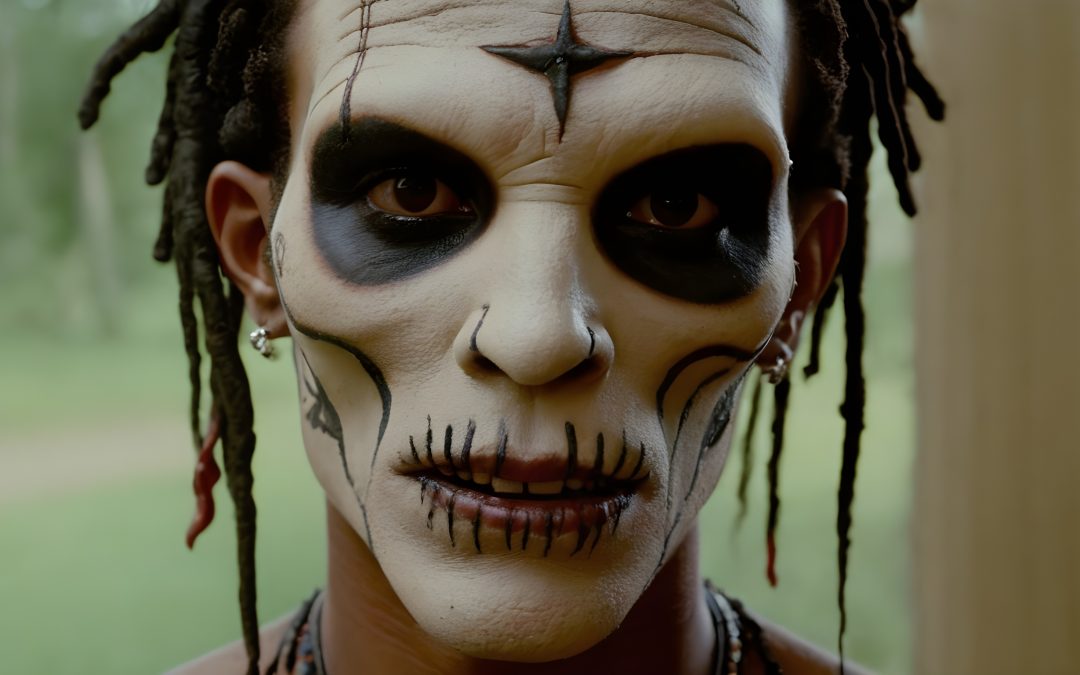Voodoo, also known as Vodou or Vodun, is a spiritual belief and practice with roots in West Africa that has spread to various parts of the world, including the Caribbean, particularly Haiti. Voodoo doctors, also called houngans or mambos, are practitioners of this ancient tradition and are often surrounded by misconceptions and stereotypes. In this article, we aim to demystify some of the common misconceptions about voodoo doctors and their practices.
1. Voodoo doctors are not evil sorcerers
One of the most prevalent misconceptions about voodoo doctors is that they are evil sorcerers who use their powers to harm others. In reality, voodoo doctors are spiritual leaders and healers who use their knowledge and skills to help their communities. They often perform rituals and ceremonies to heal the sick, protect against negative influences, and promote harmony and balance.
2. Voodoo doctors do not practice black magic
Another misconception about voodoo doctors is that they practice black magic or use witchcraft to manipulate people. While voodoo does involve the use of rituals and spells, these practices are rooted in a belief system that values interconnectedness and harmony with the natural world. Voodoo doctors work with spirits and ancestors to bring about positive outcomes for their clients and communities.
3. Voodoo doctors are not involved in human sacrifice
There is a common misconception that voodoo doctors engage in human sacrifice as part of their rituals. This belief is often perpetuated by sensationalized portrayals in popular media and literature. In reality, human sacrifice is not a part of traditional voodoo practices. Voodoo doctors prioritize the well-being and healing of their clients and would never harm another person in the name of their beliefs.
4. Voodoo doctors are not fortune-tellers or magicians
Voodoo doctors are often portrayed as mystical figures with the ability to predict the future or perform supernatural feats. While voodoo does incorporate elements of divination and magic, voodoo doctors are not fortune-tellers or magicians in the traditional sense. They use their spiritual knowledge and connection to the spirit world to offer guidance, healing, and support to those in need.
5. Voodoo doctors respect free will and individual choice
Contrary to the belief that voodoo doctors use their powers to control or manipulate others, voodoo practitioners actually respect free will and individual choice. Voodoo doctors may offer guidance and support through rituals and ceremonies, but ultimately it is up to the individual to make their own decisions and choices. Voodoo doctors aim to empower their clients to take control of their own lives and destinies.
In conclusion, voodoo doctors are spiritual practitioners who work to heal, protect, and bring balance to their communities. By demystifying some of the common misconceptions about voodoo doctors and their practices, we can gain a better understanding and appreciation for this ancient and complex belief system.

